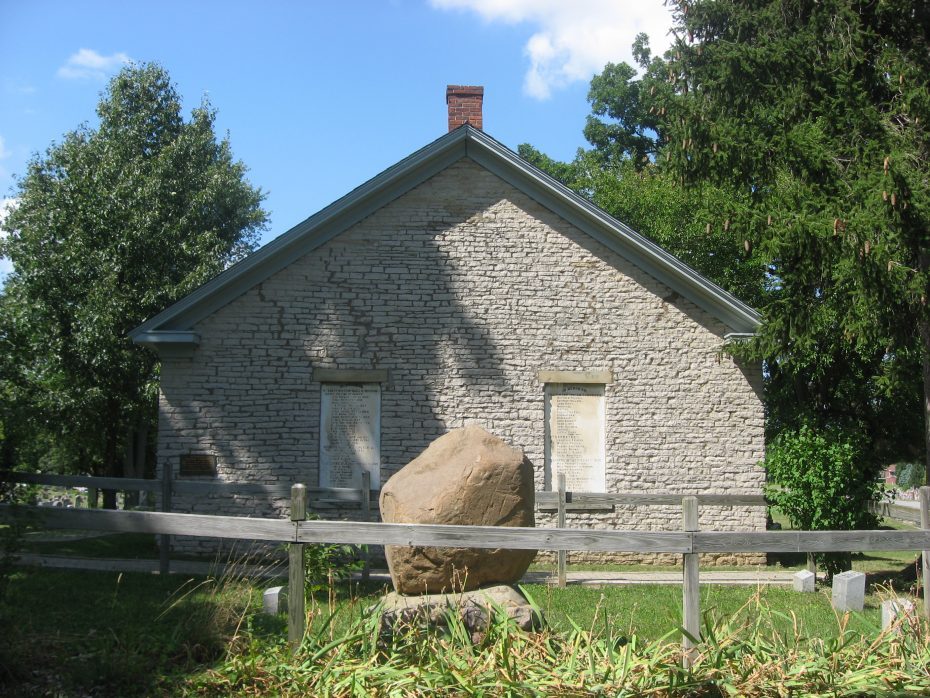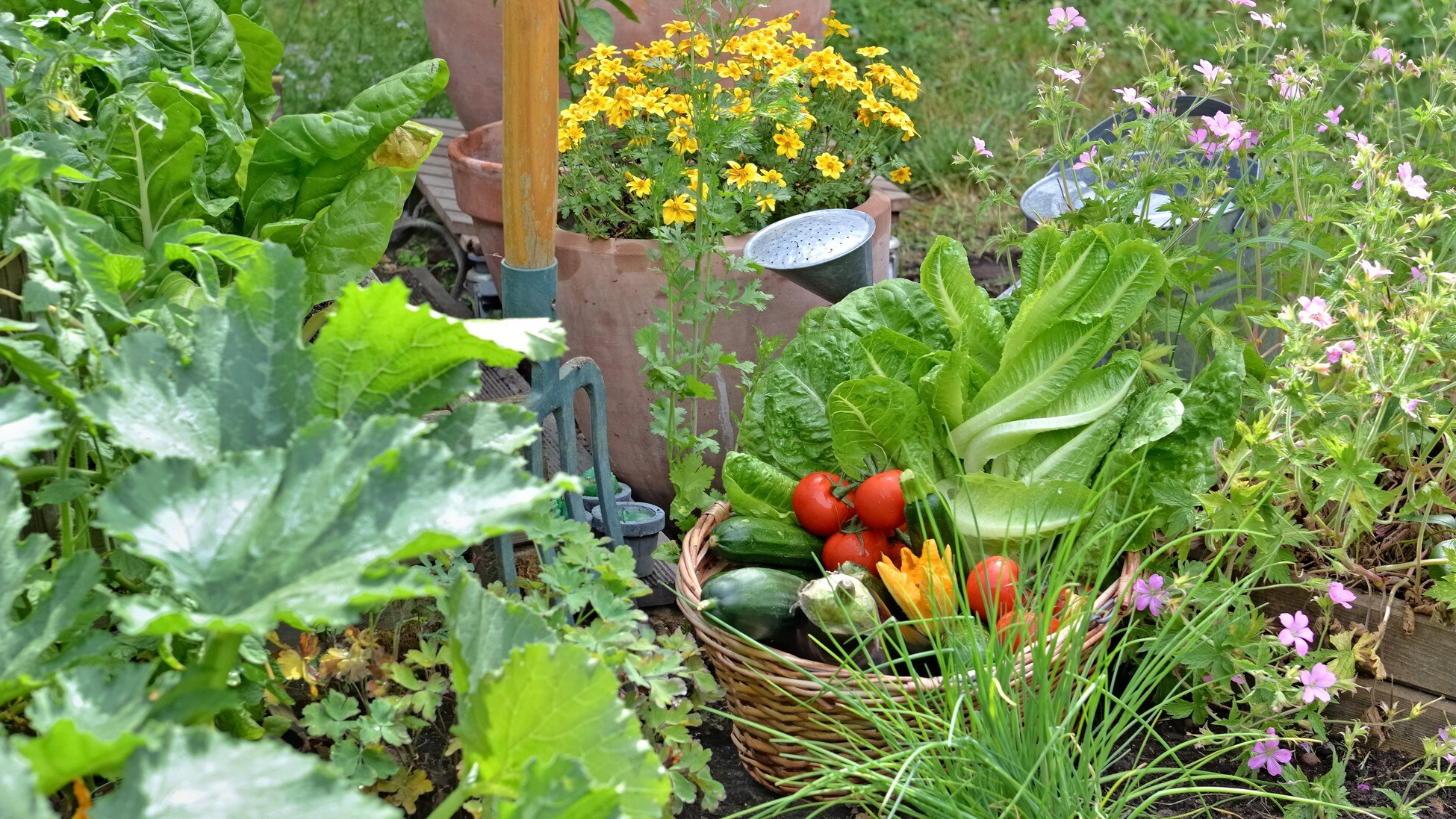The Wyandotte Nation 2019 Gathering
I recently attended a unique, historic event in Upper Sandusky, Ohio, home to our Fairhaven Community since 1920. A United Methodist Church there has held in trust sacred land and burial grounds for the Wyandotte Nation since the 1840s. A local congregation, John Stewart UMC, named for the Methodist missionary who first worked with the Wyandotte in the early 1800s, hosted a unique worship service to celebrate their longstanding relationship and begin the return of the tribal lands.
The event culminated at the burial ground and mission chapel on the site of the first Christian worship with the Wyandotte. Through Christian and native worship and ceremonies, church representatives and the Wyandotte exchanged the deed for the property the church had kept in trust since 1842, when the tribe followed its own “trail of tears” to a reservation in barren Oklahoma.
More than 700 people reportedly attended this event in a small town that has preserved the memory and special relationship with the Wyandotte people. Wyandotte Chief Billy Friend spoke with emotion about the efforts through the decades that the people of Upper Sandusky preserved the tribe’s history by teaching it in their schools and recalling it throughout community heritage celebrations.
Wyandotte Hospitality
Earlier this year, I found a book, “The History of the Wyandotte Mission,” in a church archive in Maryland. The book, published in 1842, chronicles the mission of the church on the frontier of Ohio. John Stewart, an African American pastor, volunteered to proselytize the tribe.
The Wyandotte were particularly noted for their extraordinary hospitality. As eastern native tribes were forcibly removed during European settlement, they crossed into Wyandotte land. Oftentimes, the Wyandotte granted them land to resettle. At their height, the Wyandotte held land from Ohio and Indiana and north into Michigan and Canada. They were a proud and prominent nation. And they freely shared from their abundance until the United States government finally forced them to relocate as well.
Listening to the Wyandotte chief, I sensed the deep bond that endures today. Even a small remnant of the once vast nation was symbolic of the national identity and the cooperation that made a centuries-old relationship so special. The return of their land seemed to move the Wyandotte to celebrate a promise fulfilled in contrast to so many treaty violations through the years that other First Nations people experienced.
On Sacred Land
I wondered if there is something sacred that remains in the Wyandotte land that we have experienced in our Fairhaven Community in Upper Sandusky. So many people have remarked, as I did on my very first visit to the campus, that there is something different at Fairhaven. The community’s people — residents, volunteers and staff — have created a culture of community that is genuine and welcoming. It’s hard to describe, but it is an experience felt almost as soon as you enter the doors.
It’s an experience of community that we have expressed in our vision statement, which moves us to build settings for older adults to experience the Spirit of “abundant life in community.”
When we think of hospitality, the hotel industry may come to mind first. But for United Church Homes, we think of the experience of acceptance, inclusion and welcome for those most often marginalized in our society. As the Wyandotte welcomed refugees and displaced people, rather than prey on them, the Wyandotte gave their land so new nations could be established.
Spirit in Community
The return of the land held in trust all those years affirms a rare but significant bond between people of vastly different cultures who have experienced community and intend to extend it to others. Maybe that is why UCH has established residential communities with the White Earth and Omaha peoples. Our communities serve impoverished older adults in Mississippi, Georgia and Florida. We have a community that primarily serves Haitian immigrants. We include and celebrate LGBT older adults in all our settings. Though still a work in progress, our mission of extending hospitality shares its spirit with the Wyandotte people on whose land we founded our first community long ago.
Sacred land bears a sacred presence or a spirit as we say. That spirit infuses all who make their home on that land. Tears of joy flowed in Upper Sandusky on a warm September day. There is joy when promises are fulfilled, honor maintained and bonds of fellowship deepened. We celebrate the spirit of the Wyandotte people on whose land we now sustain homes where all are welcome. There is a spiritual legacy of the Wyandotte that lives on in their homeland in Ohio. Perhaps that spirit continues to bless those who live there now.
View all articles by:






















